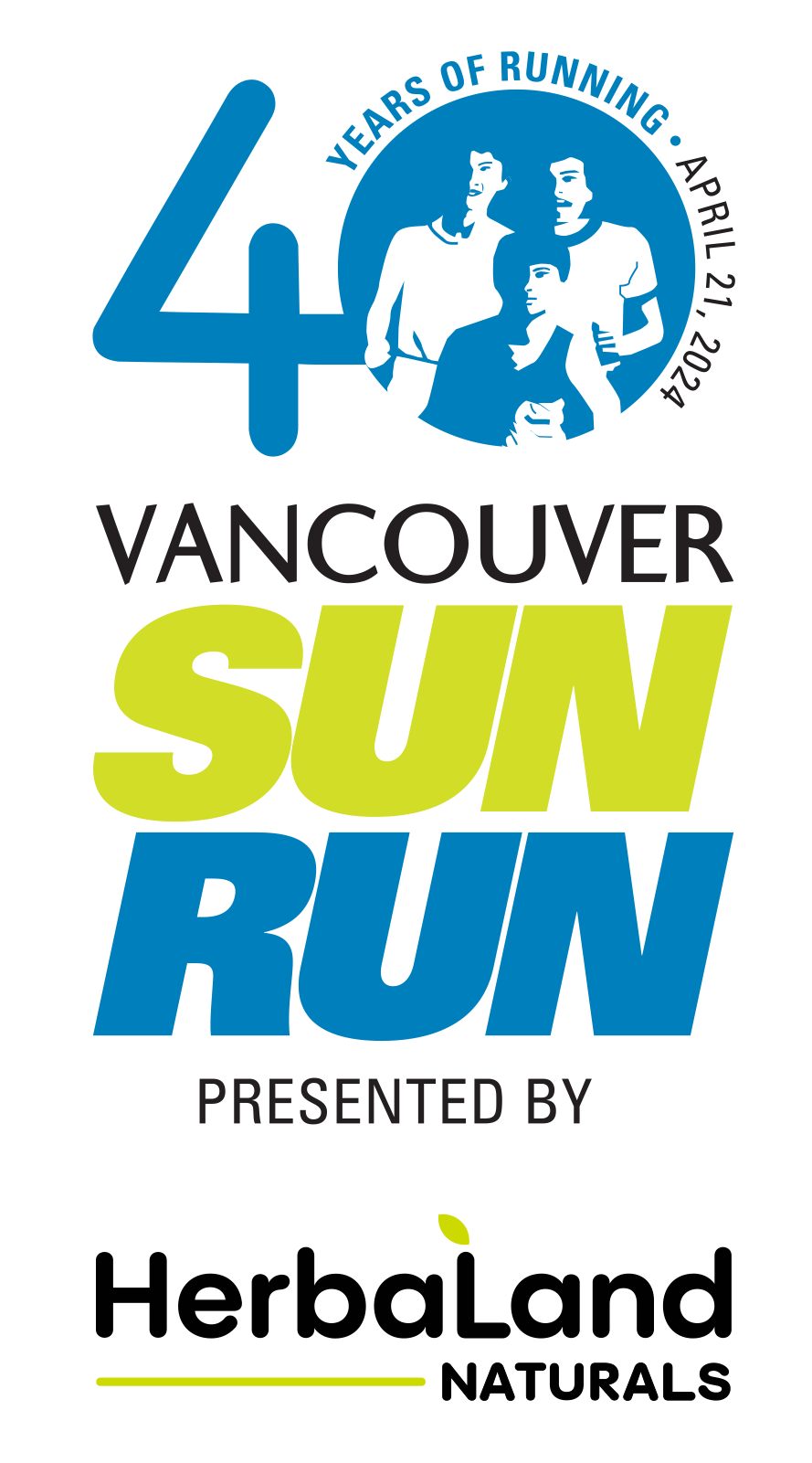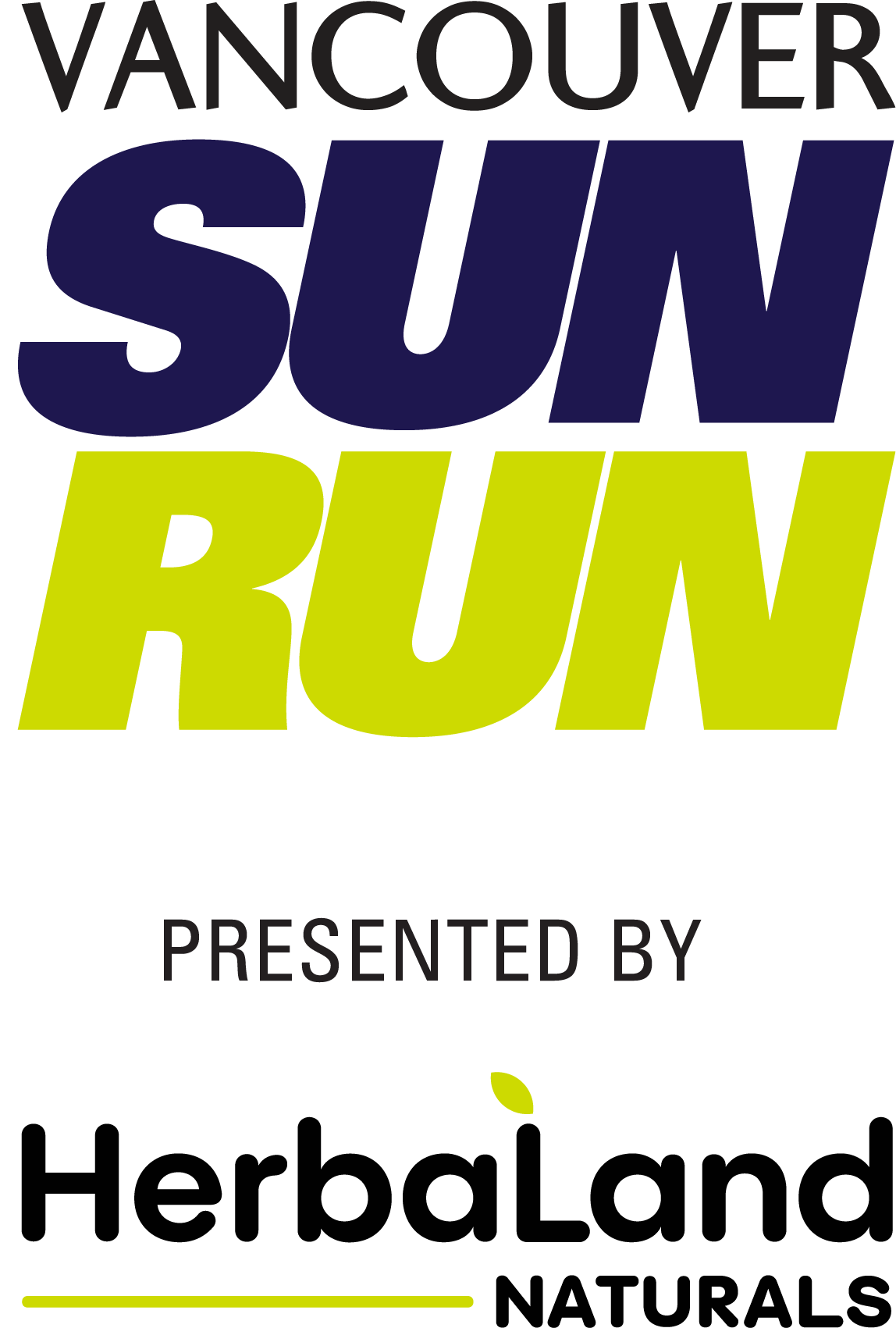
Race Day Nutrition – Pre/During/Post
Whether you are running your first Sun Run or you are an accomplished long distance runner, a structured nutrition plan will always play a key role in ensuring that you hit your PB. A good nutrition plan can make the difference between having a successful event or having one to forget. Meals and snacks consumed prior to your event should prepare you for that specific activity, leaving you not too hungry nor too full with discomfort. Furthermore, the foods you consume at this time should be ones you are familiar with. General foods or fluids to avoid on race day are spicy foods, carbonated beverages or foods that are particularly slow to digest such as foods high in fat, fiber or protein.
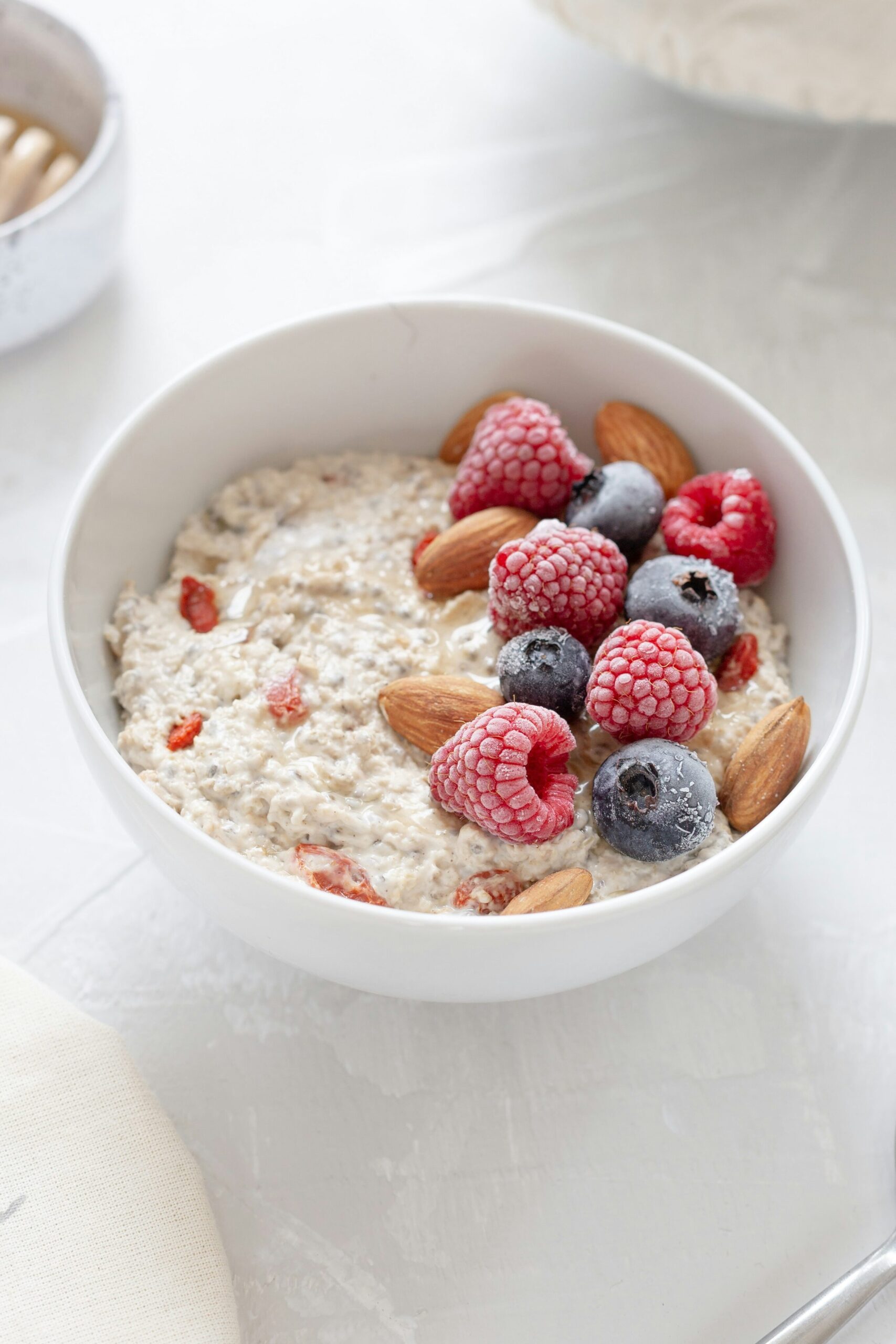
Pre – Race
3-4 hrs Before: You should consume a familiar meal sufficient in fluid to maintain hydration, low in fat and fiber to facilitate minimizing gastrointestinal distress, high in carbohydrate to maintain blood glucose and maximize glycogen stores and moderate in easily digestible proteins.
*For events lasting longer than 60 minutes – aim for 1–4 g/kg consumed 1–4 h before exercise ie 75 kg athlete – 75-300g carbohydrates consumed.
Here are some examples:
Chicken sandwich
Oatmeal & fruit
Chicken & Rice
Pasta Dish (low fat sauce)
Pancakes
1 hr before – Top up glycogen stores again with a smaller carbohydrate bar, fruit, fruit juice or a sports drink as needed.
During
For events lasting less than 60 minutes – water is all you need. Consume fluids at regular intervals as needed. Don’t overdrink, don’t underdrink.
For events lasting longer than 60 minutes – Aim to consume 30-60g of carbohydrate per hour.
Use a combination of sports drinks, gels, chews, and bars, depending on your personal preference. You may also consider some electrolytes to help combat dehydration if the conditions warrant it.
Post Race
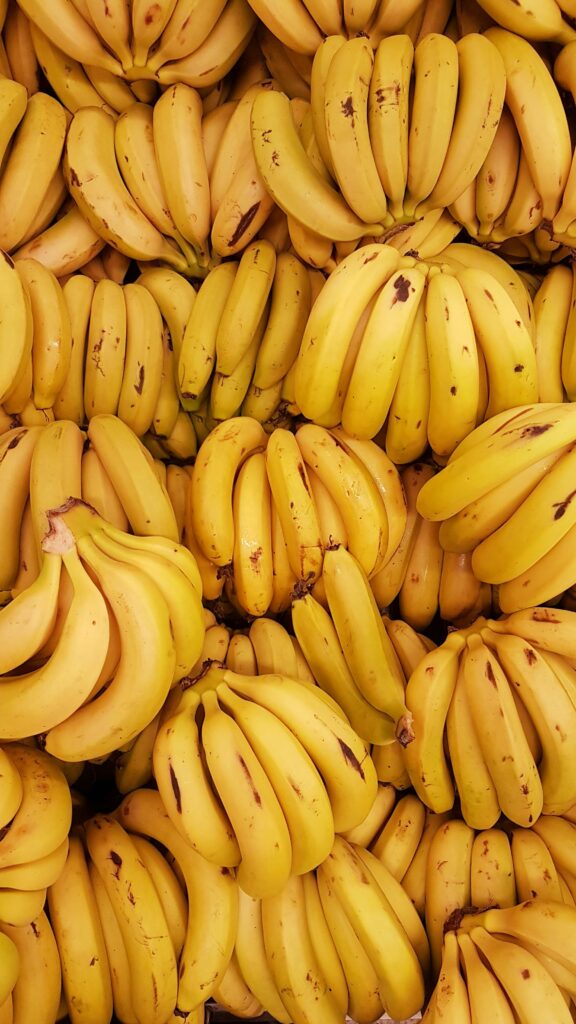
Refuel – It is vital to replace carbohydrate to replenish glycogen stores in the body after a race. The amount of carbohydrate consumed will depend on the intensity and duration of the race.Aim for 1.2 grams of carbohydrate per kg of body weight per hour during the first ~3-6 hours post exercise.
Rebuild – Choose a serving of 20-30g of protein in your post training meal to support recovery.
Rehydrate – Aim to replace 1.5 litres of fluid for every 1kg lost.
Rest- The body repairs and regenerates while you sleep. Enjoy some well earned rest!
For more details on Recovery check out our recovery blog post – coming soon
Tip: Don’t do anything new on the day of a race that you haven’t already tested in training. It’s very important to test your nutrition strategies in training ahead of any event, even as far as the specific products and flavours that you intend on using during your event.
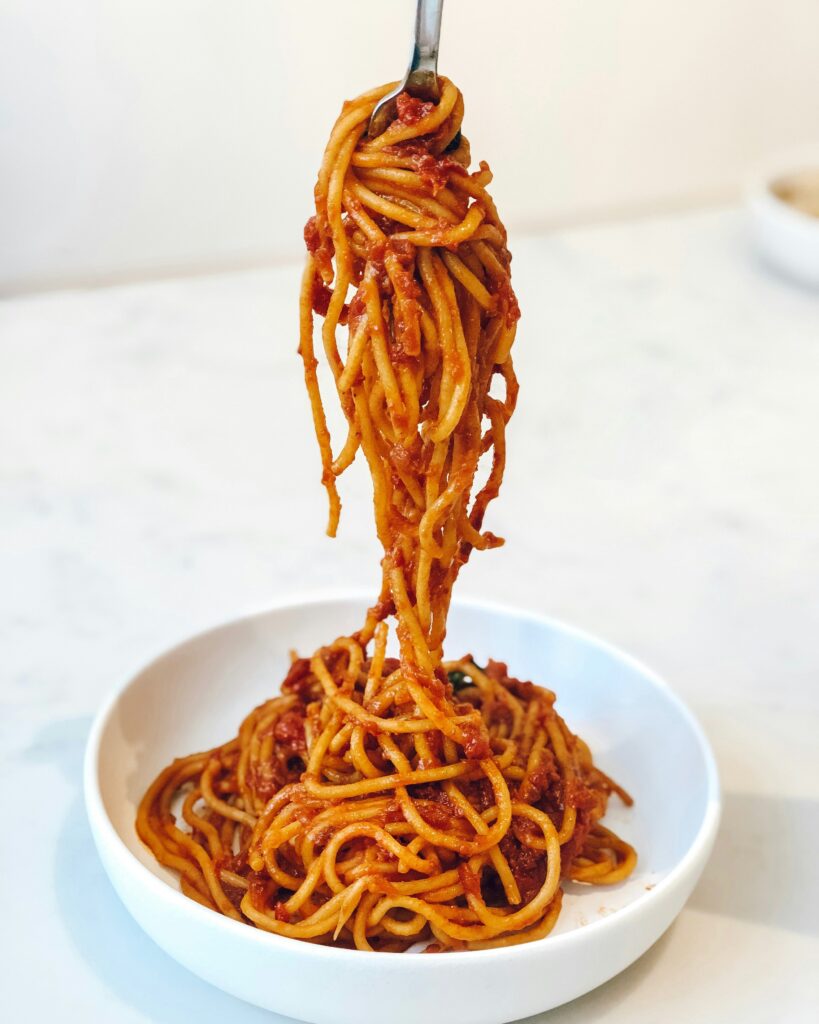
Carbohydrate Loading
Carbohydrate loading is an advanced concept that is mostly applicable to longer duration events, those that last longer than 90 minutes. A carbohydrate loading protocol aims to maximize glycogen stores within the body in the days leading up to an event to provide a readily available energy source to muscles during physical activity. It has been shown that 8-10g of carbohydrate per kg of bodyweight in the 24 hours prior to competition can help maximize glycogen stores and this should be done in combination with a reduction in physical activity or training. For example, a 70kg athlete may need up to 560-700g of carbohydrate. Lower fat, fiber and protein intakes may be necessary to facilitate this increase in carbohydrate intake.
SUN RUN HOT TIP
Good nutrition starts before Race Day. If you need help with healthy and satisfying meals, go to our friends at Fresh Prep who are ready to help you conquer your goals.
Photograph: © Unsplash: Nadine Primeau / Olga Kudriavtseva / Rodrigo Dos Reis / Krista Stucchio
